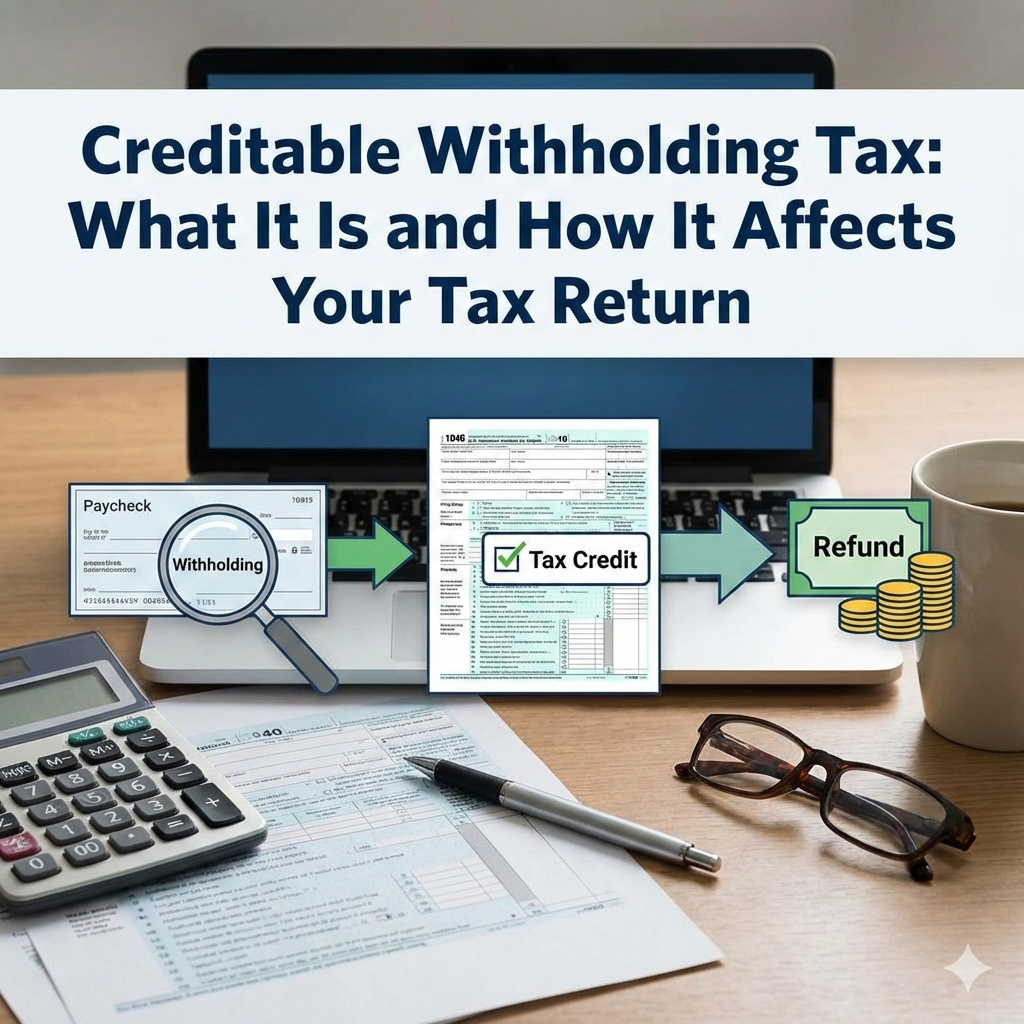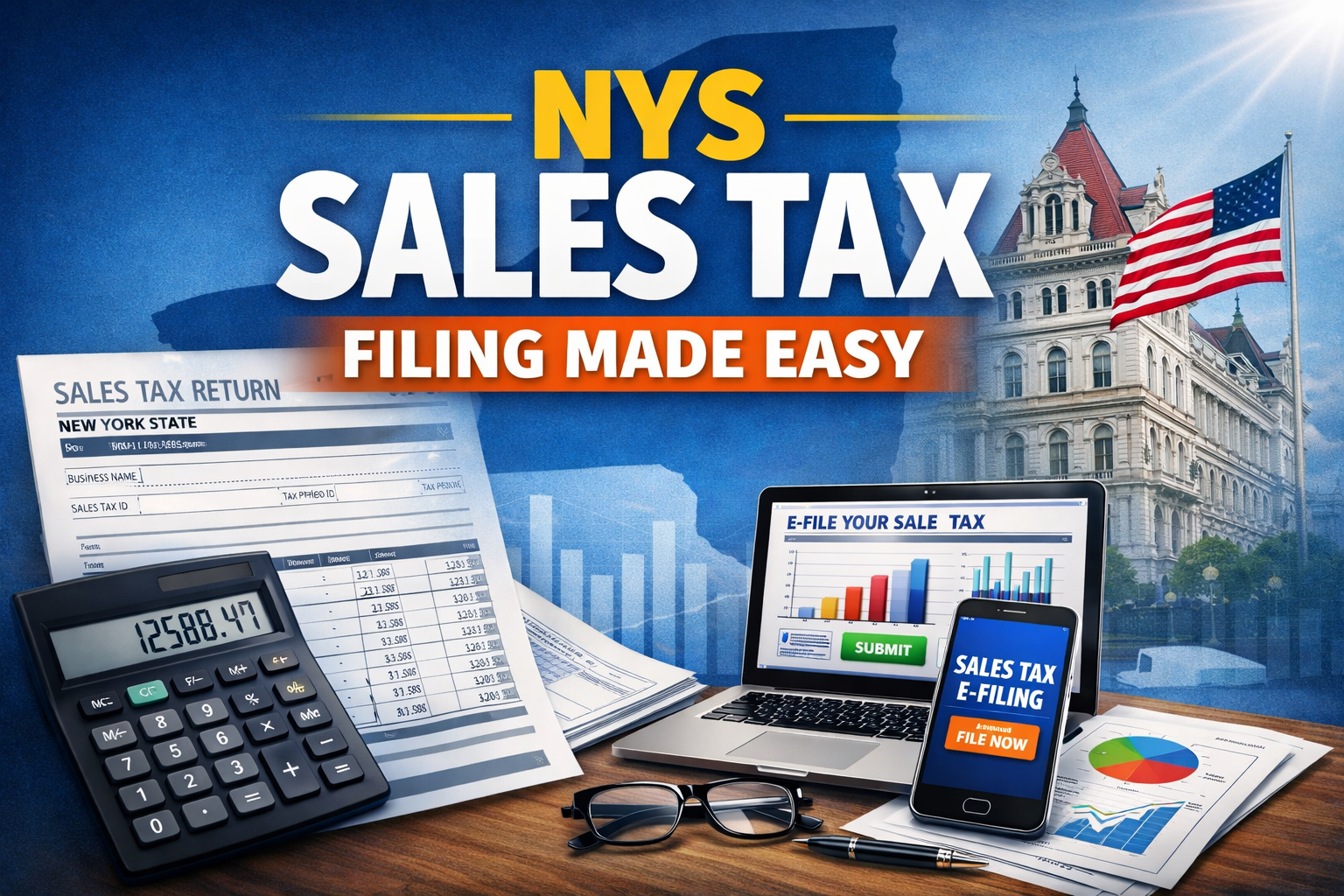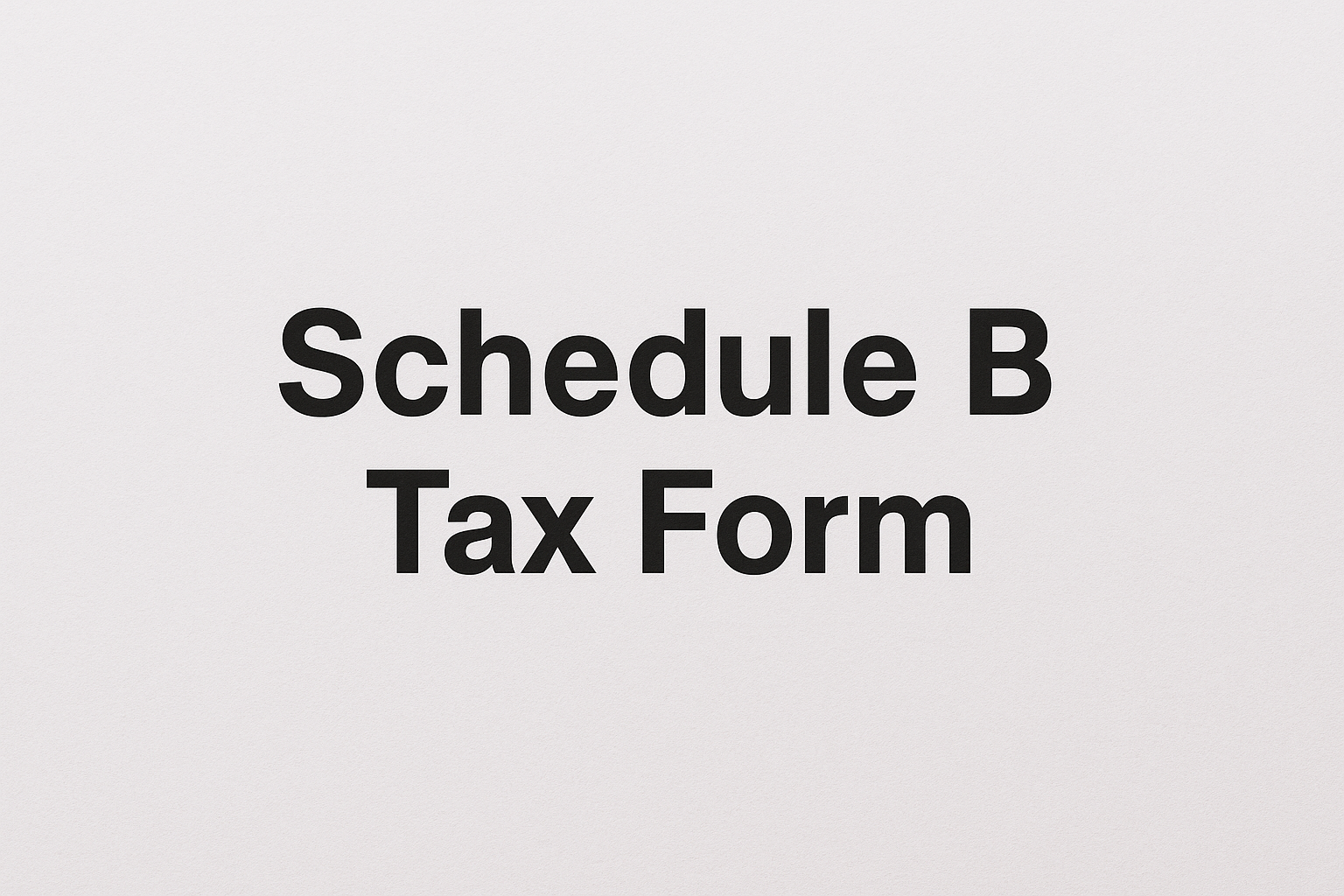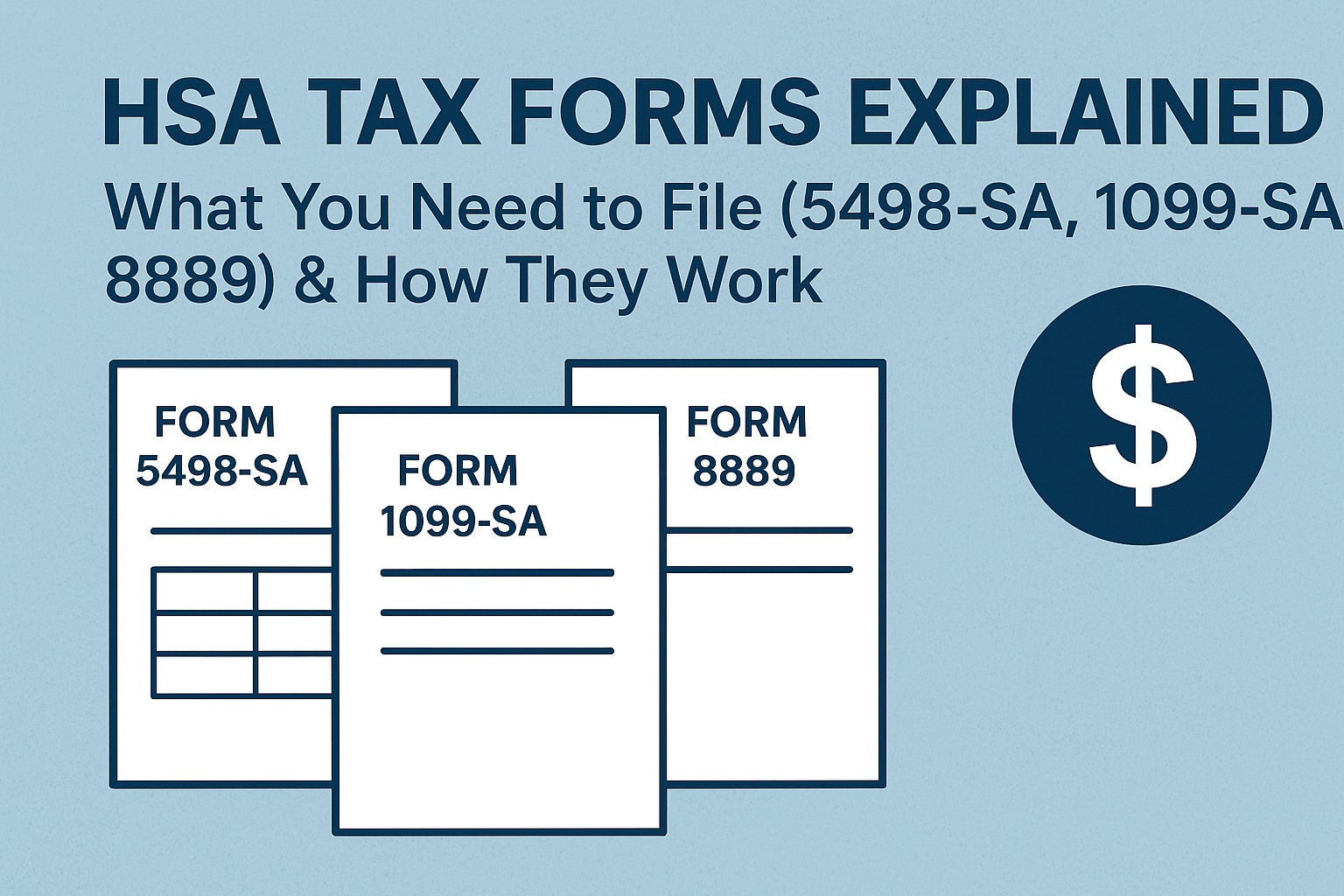
Understanding the rules around the tax on overtime is crucial for both employees and employers, especially with the 2025 changes in U.S. tax law. Let’s break down exactly how overtime pay is taxed, what’s new for 2025–2028, and common misconceptions to ensure clarity on this important topic.
Overtime pay is compensation earned for working beyond the standard hours, typically more than 40 hours per week. Federal law (FLSA) requires employers to pay nonexempt employees at a rate of 1.5 times their standard hourly wage for each overtime hour. This rule applies to both salary and hourly workers unless the employee is exempt, such as certain professionals or executives.
No, there is no special tax rate for overtime pay. The tax on overtime is calculated using the same federal income tax rates, Social Security, and Medicare tax rates as your regular wages. Employers withhold taxes from the sum total of your regular and overtime pay in each pay period.
Some confusion arises when larger paychecks (from overtime work) appear to have more taxes taken out. But the rate remains the same, it's just that earning more increases your overall tax liability if your annual income crosses into a higher bracket. For accurate filing, many employees turn to an offshore tax preparation to ensure deductions and credits are applied correctly.
A major update for tax years 2025 through 2028 is the new federal deduction for overtime pay introduced under the One Big Beautiful Bill Act (OBBBA). Here’s what it means for workers:
To understand how overtime tax is applied, let’s compare the old system (before 2025) with the new rules under OBBBA 2025–2028.
Most U.S. states apply the same tax rates to overtime as regular income. A few states, such as California, have stricter wage laws but no special state income tax rate for overtime pay. Always check state-specific rules for compliance.
For most workers, the tax on overtime is straightforward. Overtime is simply added to your regular income and taxed by the same rules. With the recent OBBBA changes, many will see reduced taxable income from overtime in 2025–2028 if they qualify. Always check the latest IRS guidance and keep detailed payroll records for the best outcome at tax time.
Is overtime pay taxed differently than regular pay?
No, overtime pay is taxed using the same rates and rules as regular pay.
What is the "No Tax on Overtime" law?
The OBBBA allows workers to deduct up to $12,500 ($25,000 joint) of qualified overtime income from federal taxable income, applying only for 2025–2028 and phasing out at higher incomes.
Does Social Security tax apply to overtime pay?
Yes, Social Security and Medicare (FICA) taxes apply to all taxable income, including overtime pay.
Does taking overtime always increase my tax bracket?
No, only if your additional earnings move your total annual income above the next tax threshold, and only the excess is taxed at the higher rate.
How do I claim the overtime deduction at tax time?
Retain your pay records and ensure that your W-2 (or 1099, if eligible) separately states qualified overtime pay. The deduction is claimed on your federal tax return for years 2025–2028.





